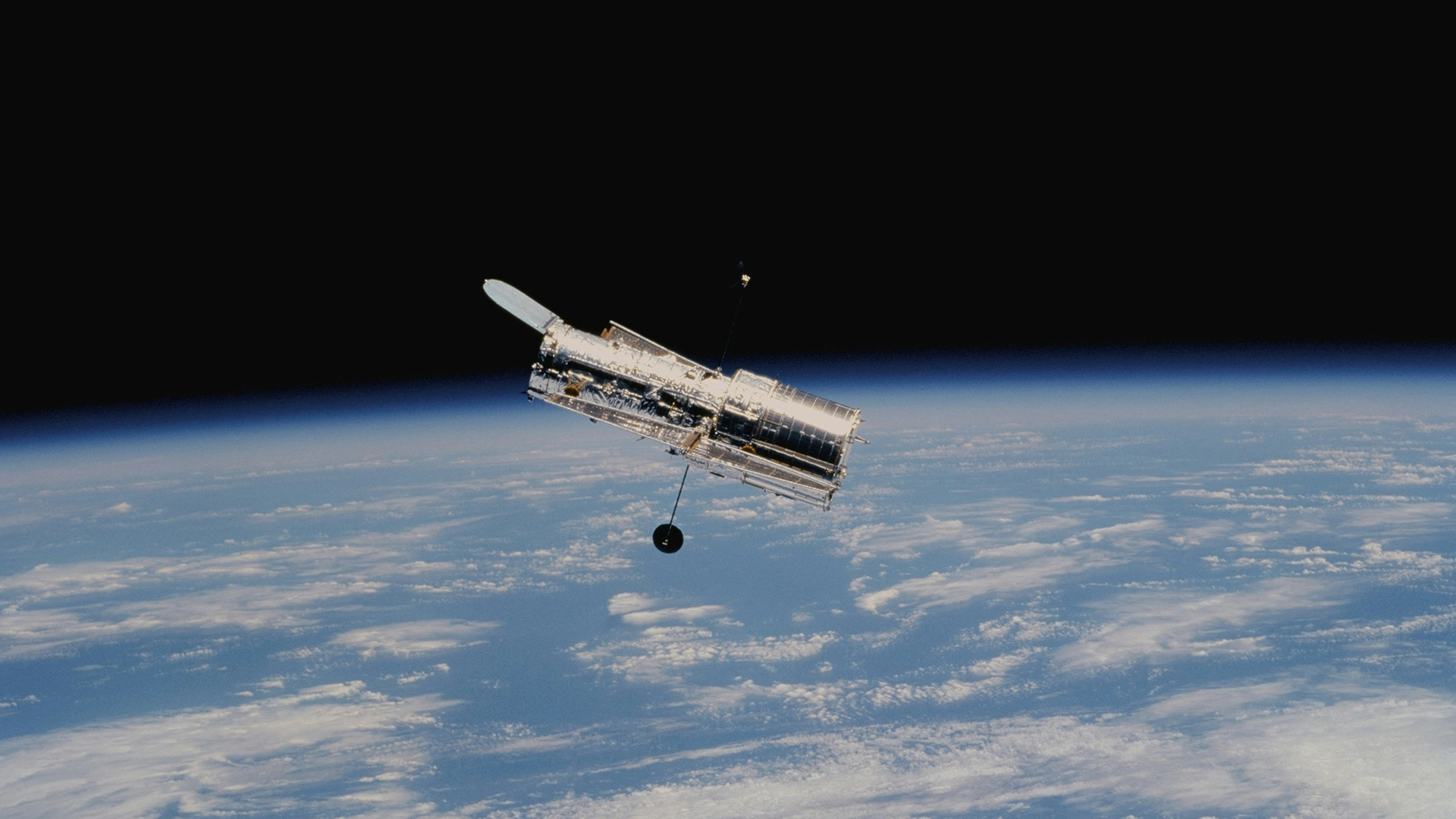
Image by NASA, from Unsplash
AI Models Like ChatGPT Could Soon Pilot Space Missions
Researchers were surprised to find that ChatGPT managed a second-place finish in the spacecraft simulation competition, which demonstrated the potential of large language models (LLMs) to guide space missions.
In a rush? Here are the quick facts:
- ChatGPT placed second in a spacecraft piloting simulation challenge.
- The AI completed tasks like intercepting and avoiding satellites.
- Researchers used Kerbal Space Program for realistic space simulation.
ChatGPT has proven it can do more than write poems or answer questions, it may be able to fly a spaceship. Researchers explored control ability of LLMs in space mission.
In their study they explained that they did this through a competition based on the Kerbal Space Program Differential Games Challenge. ChatGPT caught the scientific world by surprise through its second-place finish in the autonomous spacecraft simulation event.
“You operate as an autonomous agent controlling a pursuit spacecraft,” was the initial prompt researchers gave ChatGPT, as reported by LiveScience.
From there, the AI showed it could make complex decisions, orient the spacecraft, and navigate through missions like intercepting satellites and avoiding detection. The model’s outputs were converted into functional code to control a simulated vehicle in real-time.
Traditional spacecraft navigation systems need constant training and tuning, which makes them impractical for fast-moving, real-time missions. However, the researchers argue that average LLMs such as ChatGPT operate with pre-trained knowledge bases that allow them to adapt to new situations through specific, well-designed prompts.
The researchers argue that this new approach could change the way we control satellites and deep-space missions, especially in situations where human real-time intervention becomes impossible. The AI system demonstrated its ability to rival traditional differential equation-based models through short testing periods, despite its short training.
Obviously risks remain, like AI “hallucinations” that could cause dangerous errors. The team noted, “There is no doubt that training a LLM can leverage prior knowledge and improve it for specific scenarios.”
The results will be published in the Journal of Advances in Space Research, and the team has open-sourced their code and data for further experimentation. An AI piloting our next space mission might not be as far off as it sounds.


 Previous Story
Previous Story

 Latest articles
Latest articles 